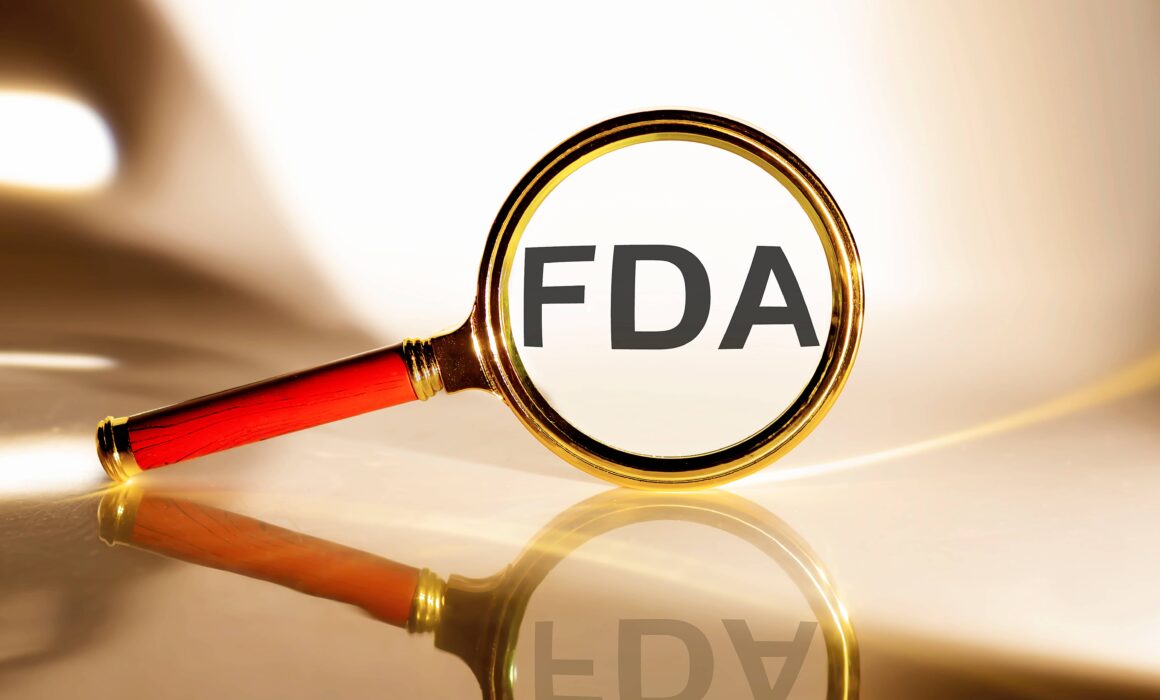FDA Approved Vs FDA Cleared: Know the Difference
Approved vs Cleared
We’ve all seen ‘FDA Approved’ or ‘FDA Cleared’ on a medical device and thought “isn’t it the same?”
The answer is no.
In the 1970’s congress passed a law giving The Food and Drug Administration (FDA) the authority to approve medical devices. We might assume that all medical devices are FDA approved, but many are only FDA cleared, and it’s a big distinction.
With more medical devices entering the market, it’s never been more important to explore the world of difference between FDA Approved and FDA Cleared.
Spot the difference
FDA Approved means that the FDA has determined that the benefits of the product are greater than the risks. Manufacturers must submit a pre-market application and clinical test results to get FDA clearance.
FDA Cleared, on the other hand, means that the manufacturer can demonstrate that the product is “substantially equivalent” to another device that’s similar and already approved – called a “predicate.” It’s important to know the dangers that can be present on FDA-cleared medical devices, since they may have been compared to older, unsafe devices in order to get that clearance.
The FDA is responsible for telling us which drugs, food, and medical devices are safe to use. Once we see ‘FDA’ on a product, we may assume that it has been rigorously tested and go right ahead without further thought, but that is not the case.
Regulating medical devices
The FDA regulates many products including medical devices, categorizing them as class I, II, or III based on their risk class. Manufacturers must register and list the product with the FDA and pre-market notifications called 510(k) are needed to obtain clearance before marketing the device.
So, here’s the problem with FDA Cleared. A manufacturer can simply submit this 510(k) to the FDA and once it’s established that it’s substantially similar to a predicate, it can then the marketed and sold. However, some manufacturers compare their new device with one that was recalled on safety concerns, just to get the FDA clearance.
The FDA doesn’t develop any of the products that it approves or clears. They also don’t conduct their own testing, relying on the test results given from independent labs.
Guiding you forward
Just because a drug or medical device is FDA-cleared doesn’t mean that it is safe. The medical device industry constitutes a $156 billion industry in the US, and 32 million Americans have at least one medical device.
Many of these medical devices save lives and do good, however, some may harm. The International Consortium of Investigative Journalists has exposed more than 120,000 Recalls, Safety Alerts, and Field Safety Notices for medical devices
Every day we meet people who have been harmed by unsafe medical devices. The long-lasting effects are devastating to them and their families. If you or a loved one have been negatively affected by a medical device, reach out and talk to us. We can offer expert advice from a compassionate lawyer who specializes in the field of medical device litigation, and we’ll fight for you.


